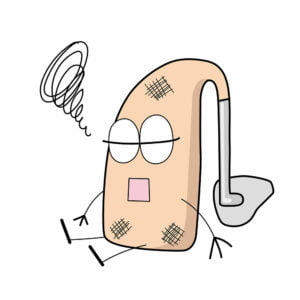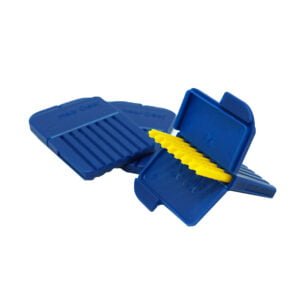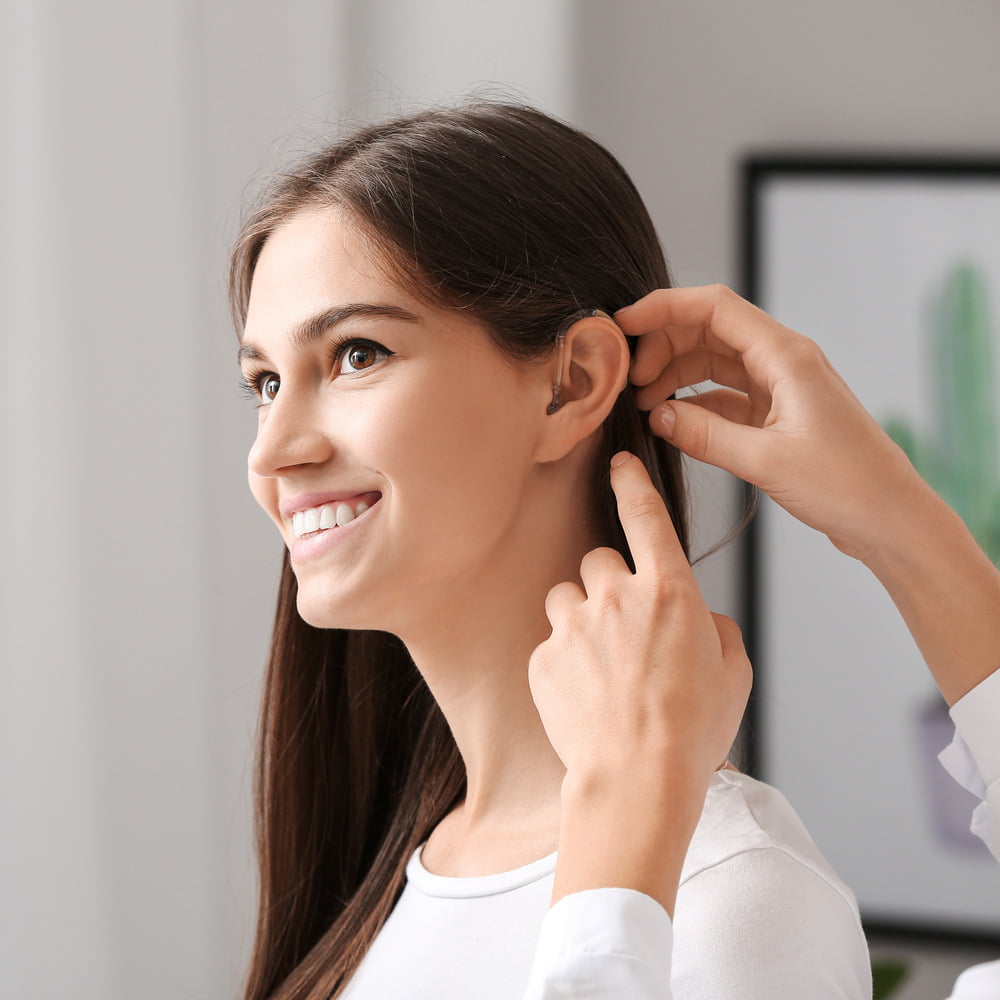Earwax Management: Hearing aids are invaluable tools for enhancing auditory experiences, but their effectiveness can be compromised by this common and natural occurrence. In this blog post, we’ll explore how to manage earwax effectively as a hearing aid user and the critical role wax guards play in this process.
Understanding Earwax Buildup in Hearing Aid Users
Earwax, or cerumen, is a natural substance produced by glands in the ear canal. It plays a crucial role in protecting the ear from various external elements, such as dust, dirt, and bacteria. This waxy substance acts as a natural barrier, preventing these particles from reaching the deeper, more sensitive parts of the ear. Additionally, earwax has antibacterial properties that help maintain the health of the ear canal.
However, for hearing aid users, the dynamics of earwax production and management can present unique challenges. The presence of a hearing aid in the ear canal often changes the environment within the ear. It can stimulate the glands to produce more wax than usual, as the body perceives the hearing aid as a foreign object. Moreover, hearing aids can physically block the pathway through which earwax normally exits the ear. This obstruction can lead to an accumulation of wax, which might not only affect the hearing aid’s performance but also potentially lead to discomfort or even ear infections if not managed properly.
Understanding and addressing this aspect of ear care is essential for those who rely on hearing aids. Regular monitoring and maintenance can help prevent excessive wax buildup and ensure both the health of the ear and the optimal functioning of the hearing aid.
Consequences of Earwax Buildup on Hearing Aids
When earwax accumulates, it can affect the performance of hearing aids. Some of the common issues include:
- Muffled or distorted sound quality.
- Reduced hearing aid effectiveness.
- Potential damage to the hearing aid components.

Earwax Management Tips
To minimize the impact of earwax on your hearing aids, consider the following tips:
- Regular Cleaning: Gently clean your ears and hearing aids as recommended by your audiologist.
- Avoid Over-Cleaning: Over-cleaning can irritate the ear canal, leading to more wax production.
- Professional Checkups: Regular visits to an audiologist can help manage earwax and ensure your hearing aids are functioning optimally.
The Role of Wax Guards in Earwax Management
Wax guards are small filters placed on the sound outlet of your hearing aid. They serve as a barrier, preventing earwax from entering and damaging the device. Here’s why they are essential:
- Protection: Wax guards protect delicate internal components of the hearing aid from wax clogs.
- Sound Clarity: They help maintain clear sound quality by preventing wax buildup on the speaker.
- Longevity: By using wax guards, you can extend the life of your hearing aids, ensuring they function effectively for longer.
Choosing the Right Wax Guards
Selecting the appropriate wax guards for your hearing aids is crucial. Factors to consider include the make and model of your hearing aid, and the size of the wax guard needed. It’s always best to consult with your audiologist for recommendations.

Conclusion
Managing earwax is a vital aspect of maintaining your hearing aids and ensuring they perform at their best. Incorporating wax guards into your earwax management routine can make a significant difference in the longevity and effectiveness of your hearing aids.
At Hearing Aid Accessory, we understand the importance of proper earwax management for hearing aid users. That’s why we offer a wide selection of high-quality wax guards designed to suit various hearing aid types and models. Browse our range today and find the perfect solution to protect your hearing aids from earwax buildup.

